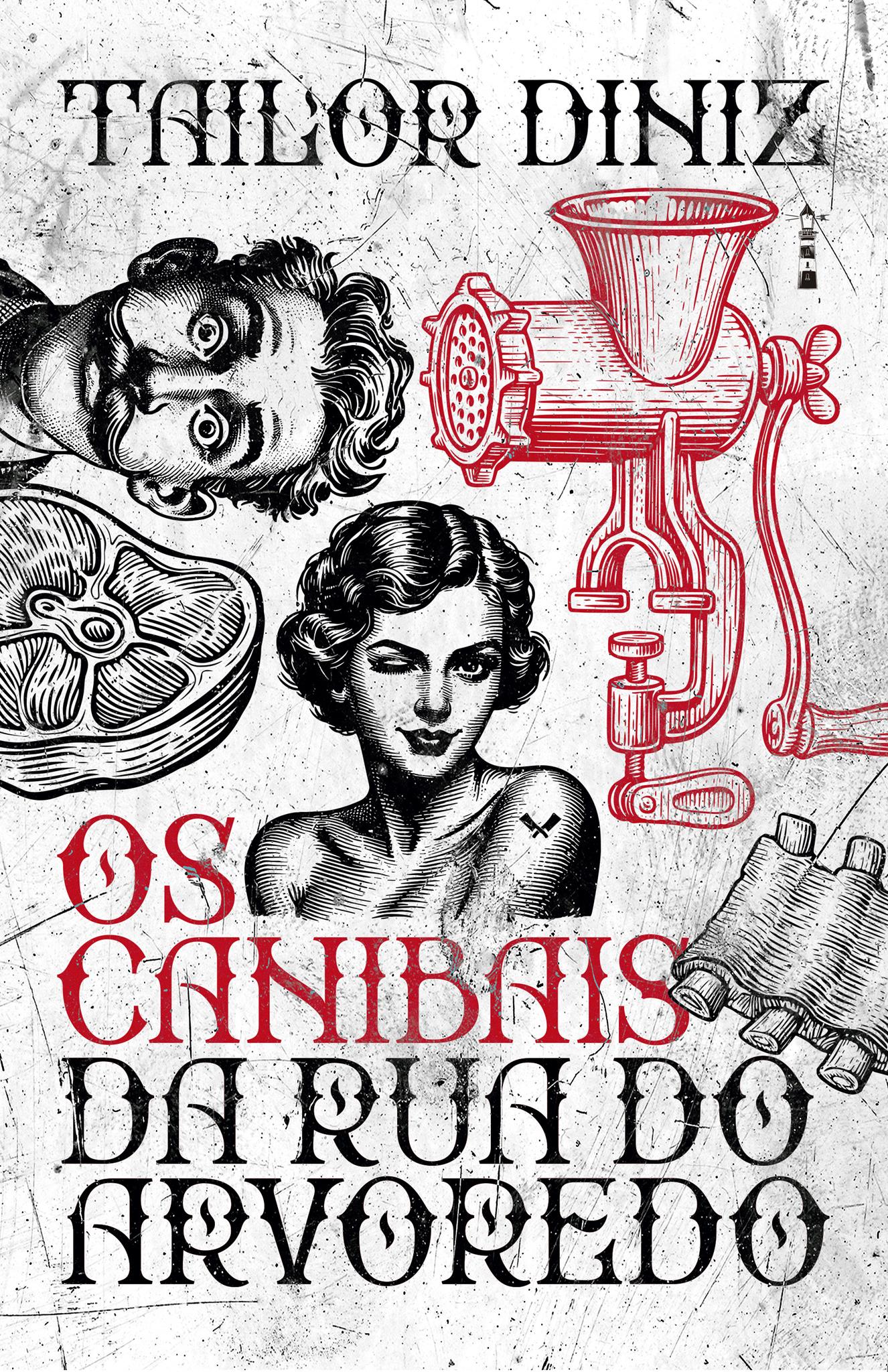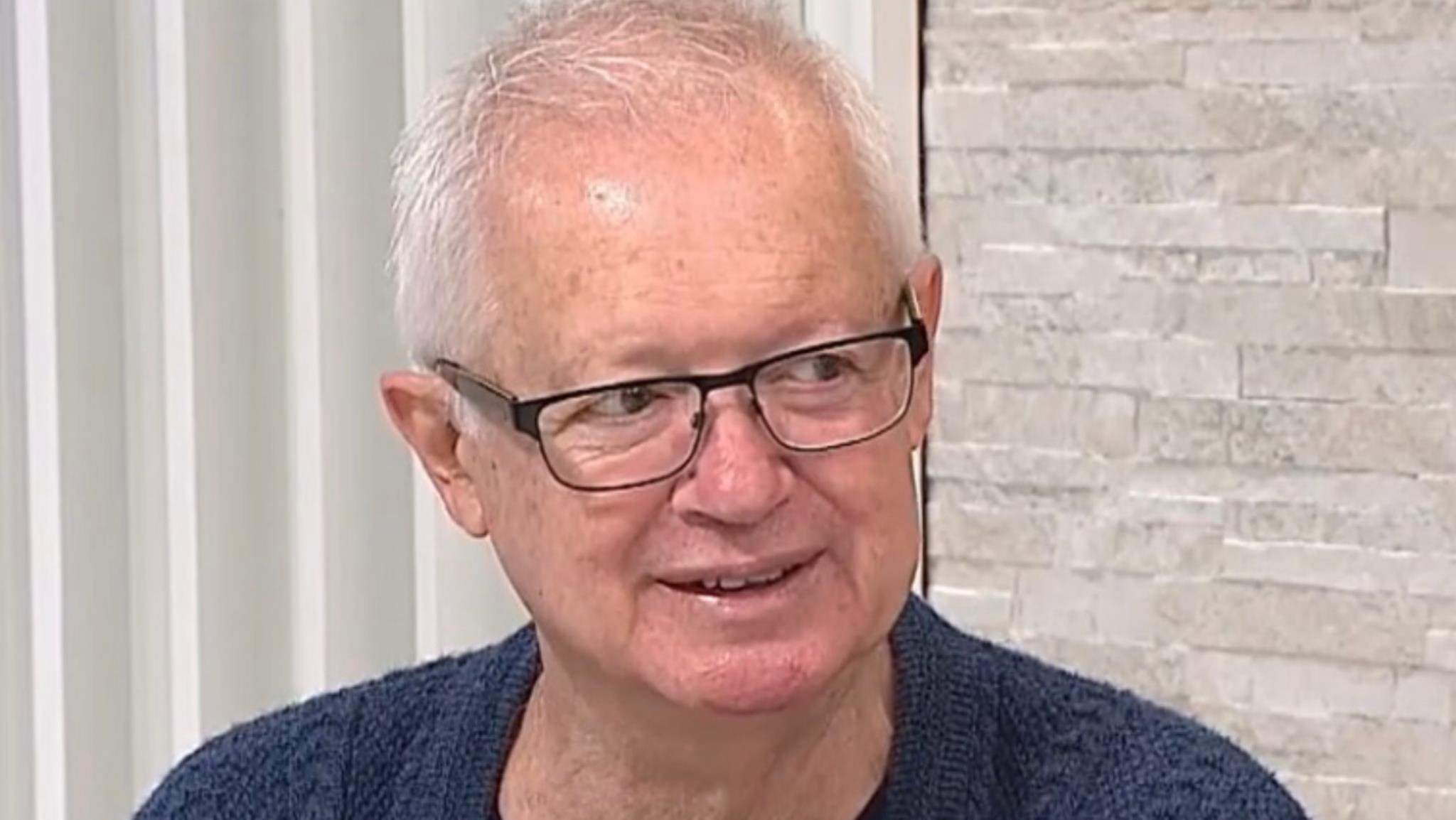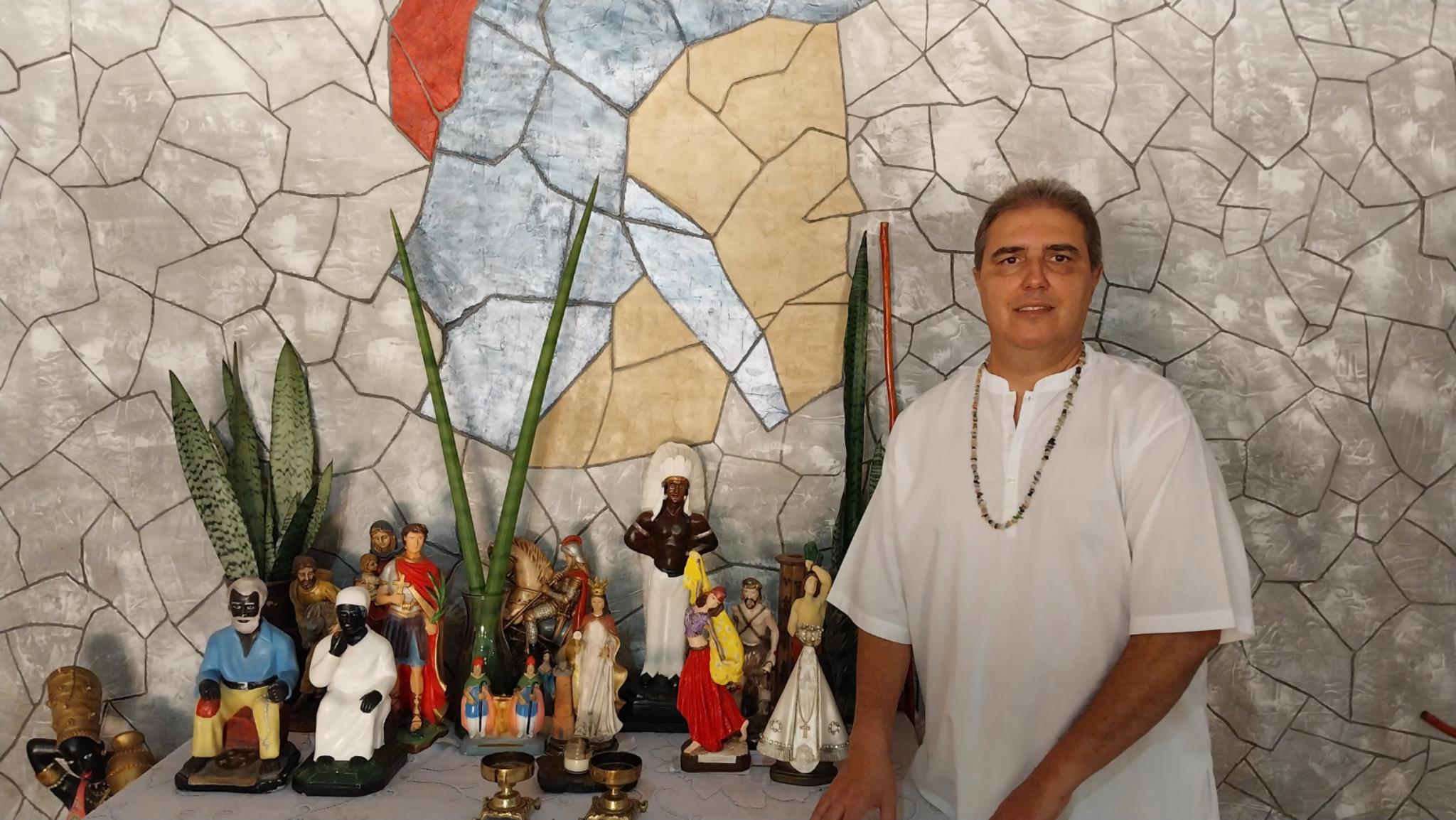In “Os Canibais da Rua do Arvoredo”, Tailor Diniz transports us to Porto Alegre in 1863, where José Ramos, Catarina Palse and Claudio Claussner star in one of the city’s most macabre stories: the transformation of human bodies into sausages sold to the public. Taking inspiration from events that shocked even Charles Darwin, the narrative jumps to the present day, involving a couple of students entangled in a plot of lust, terror and possible cannibalistic acts, under the surveillance of a mysterious omnipresent observer.
With a setting consisting of an ancestral basement, among knives and skeletons, and guided by the vengeful spirits of past murderers, young José and Catarina are the protagonists of this intriguing story that mixes urban legend with contemporary elements. The observer, a member of an organization with plans for global domination, questions the reality of the facts and the reliability of the narrators themselves.
The work, which will be adapted for the cinema, promises a plot full of twists and turns, where ancestral horror meets overwhelming desire, in a Porto Alegre where the past never really dies. “Os Canibais da Rua do Arvoredo” is an invitation to uncover the secrets of a story that transcends time, published by the Lucens label of Citadel Grupo Editorial.
What inspired you to create a story based on a historical rumor as peculiar and controversial as that of the cannibals of Rua do Arvoredo?
The book was born as a film script, the rights of which were acquired by Paris Filmes. Then I did the first script treatment, which served as the basis for the plot. I received a proposal to write a script based on a real case that I knew, observing this current trend of true crime in audiovisual, but the story of the cannibals, as the legend goes, has already been covered exhaustively.
The idea, then, was to bring this shocking case, which took place a century and a half ago, to see how it would be treated in a totally different world and, at least in theory, more evolved and civilized.
How do you see the relevance of this story in the current context? Are there parallels that can be drawn with contemporary events or issues?
Humans haven’t changed much a century and a half later. We see absurd crimes every day in the news. The relevance of approaching the case today perhaps lies in the way it would be related and the possibilities of dealing with it using the modern tools available to report and explore a case like this. For example, in the story there is a famous influencer who, during a live broadcast, tries one of the products made from human meat, she likes the flavor so much that she recommends it to her followers. In less than 24 hours, the demand for “raw materials” grows dramatically.
How did you develop the main characters, José and Catarina, to reflect both the historical aspects and the contemporary themes that the plot addresses?
I didn’t do any research, the book is a reinterpretation, a free adaptation of the first story to the present time. I didn’t work with the commitment of being faithful to the facts or the personalities of the real characters. There was only one starting point, based on the original. So, everything went very smoothly, I developed the characters in the same way I did in my previous books, based on a personality line previously proposed for each one.
In the book, you use satire to compose the story, as well as a peculiar narrative voice. What was your intention in choosing this style and how does it contribute to conveying the message of the story?
The choice was eminently technical, to facilitate the third-person position. I feel more comfortable narrating in the first person, but in this case I found it impossible. I have a problem with omniscient narrators. The way I found to use an omniscient with its intrinsic characteristics, without worrying, was this. I created a narrator who knows everything about the characters’ lives, their thoughts, the past, the present, but with a clear explanation for all this unrestricted knowledge. Satire has the same objective. Leave a doubt in the reader’s mind, whether that story really happened or not, whether it is true or an invention of that unreliable narrator. Creating a story without these characteristics, as if I wanted to sell something true to the reader, it seemed to me that it would sound like a hoax, it would be implausible.
Beyond the sensationalist aspect of cannibalism, what are the deeper themes you want to explore in this book?
Some current themes are covered, which can be well explored. Arrogance, sexual harassment, distortion of facts for political purposes, scientific denialism, all of this is in the plot. The narrator, for example, presents himself as an evil being, part of an evil entity, whose objective is to manipulate minds, in order to transform good citizens into evil beings — globalists and communists. How does he do it, or at least say he does? This organization to which he belongs introduced a chip into the bodies of Brazilians, via an anti-covid vaccine , that sends signals to a super computer , so that these chipped people can be controlled and manipulated by them. So he knows about everyone’s lives and uses this information to build the plot. It’s up to the reader to believe it or just have fun. I read in O Globo that a recent survey showed that 11% of Brazilians believe that the anti-covid vaccine contained a spy chip. Eleven percent of two hundred million is scary. In fiction, the writer would have to turn himself inside out to be believable. In real life , no. There is the research to prove it.

How do you hope readers receive this work, especially considering its provocative nature and historical references?
I hope you understand it for what it is: a satire, a free adaptation, without the commitment to be faithful to the original story, without a definitive position on the case, whether or not the real characters actually committed the crime of cannibalism. That they murdered several people is a fact, there are public documents about the case filed against them, that they were tried and convicted. The question is whether they really made sausages from the flesh of their victims, but I’m not going to get into that discussion.
Can you share something about your future projects, both in literature and cinema?
My next project is to facilitate the publication of another novel, which is already ready and will also be adapted, which followed more or less the same path as Os cannibals da Rua do Arvoredo . It was born as a script and is now a book. The film will still take some time to go ahead, as the priority at the moment is “The Cannibals”. This book deals with a very well-known topic today, which every now and then becomes a headline in the press. It concerns a mafia of football player recruiters, who manipulate results to favor bettors in digital betting houses, known as Bet. Regarding this, there is even a CPI approved by the National Congress, to be installed this year.
Follow Tailor Diniz on Instagram
Born in Brazil, Luca Moreira holds a degree in journalism and a postgraduate degree in communication and marketing for digital media. He has distinguished himself through his impressive career as an interviewer. By November 2025, he had conducted over 2,000 interviews with personalities from 28 different nationalities. He is currently the CEO of the MCOM Global group and editor-in-chief of PopSize.





